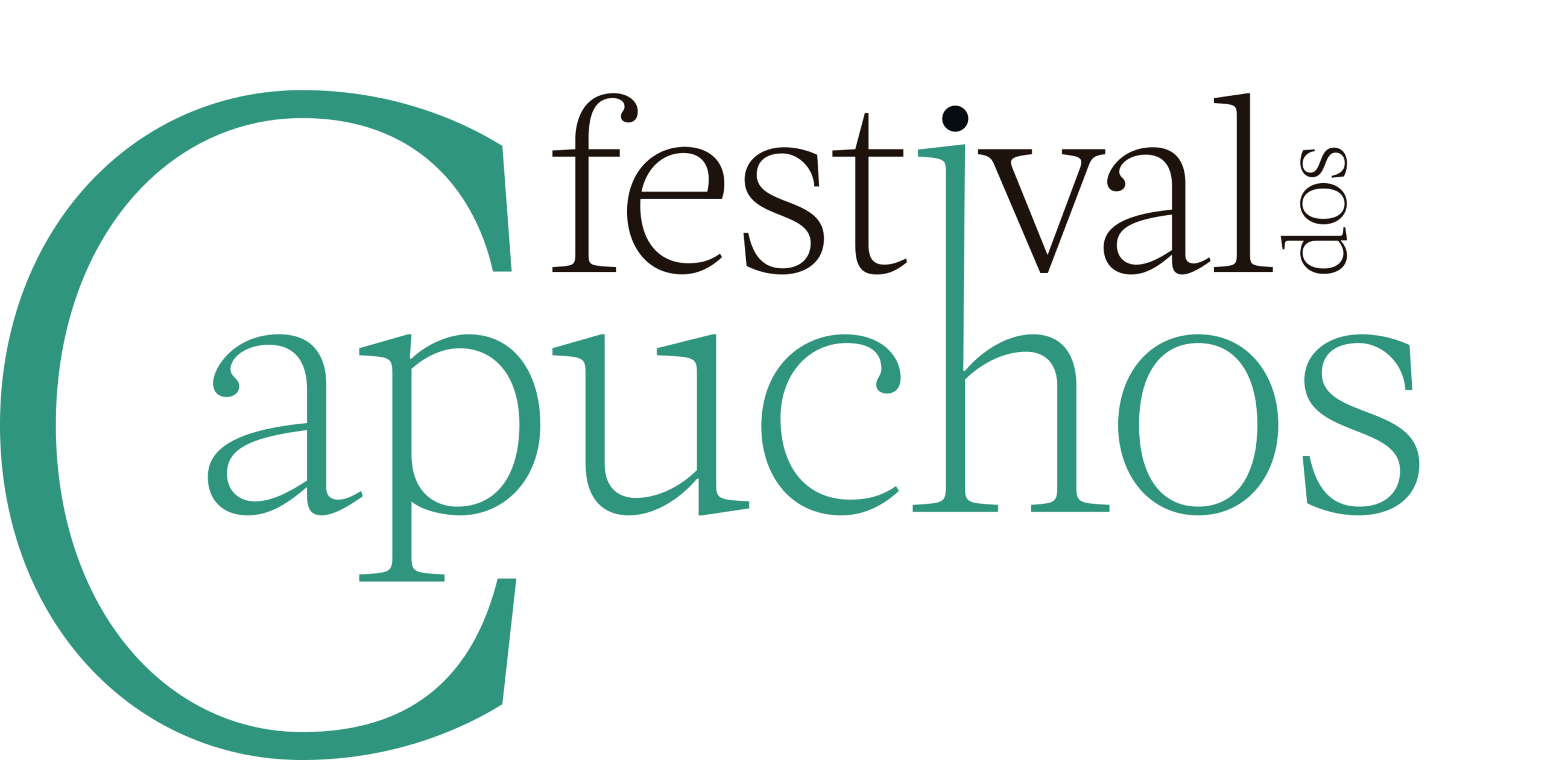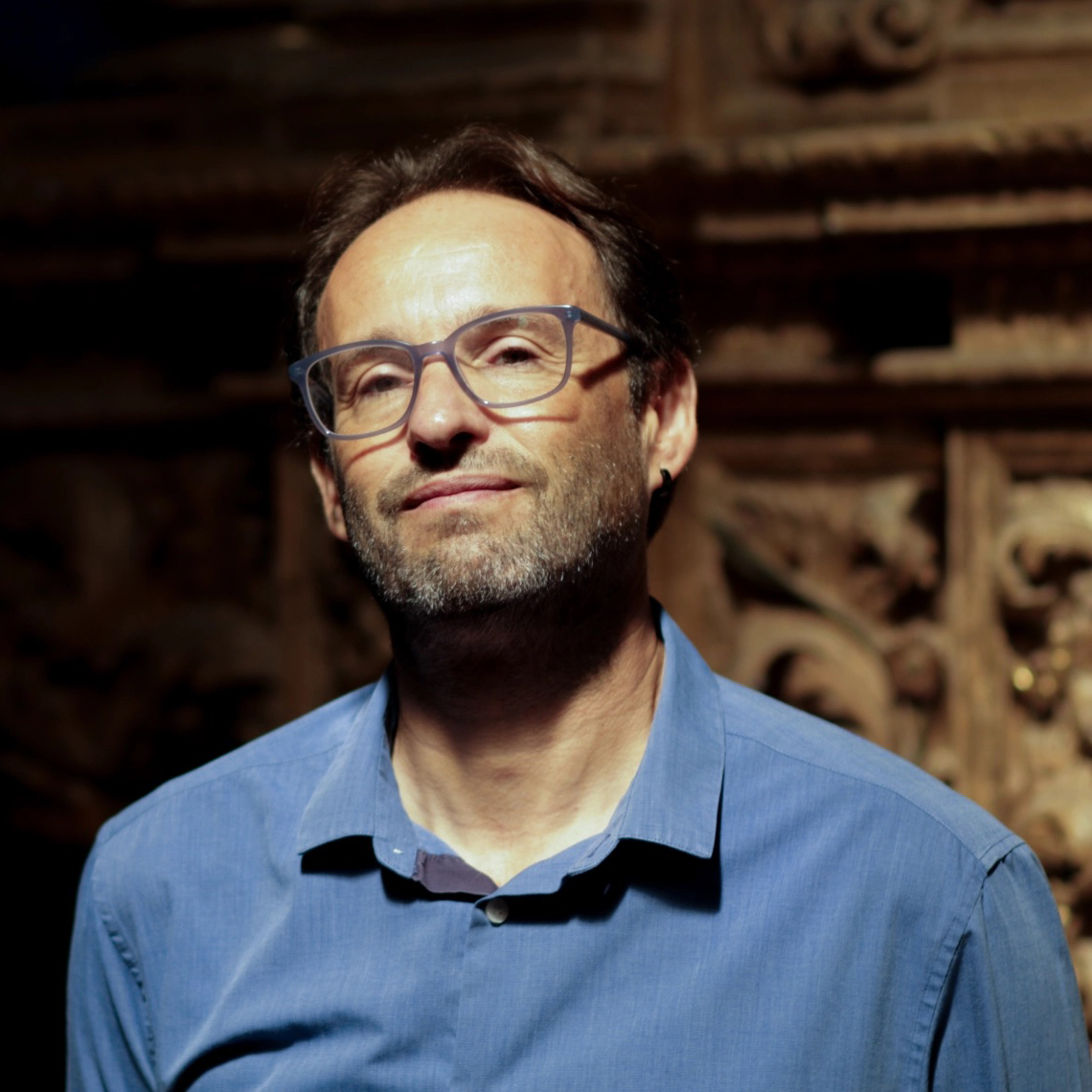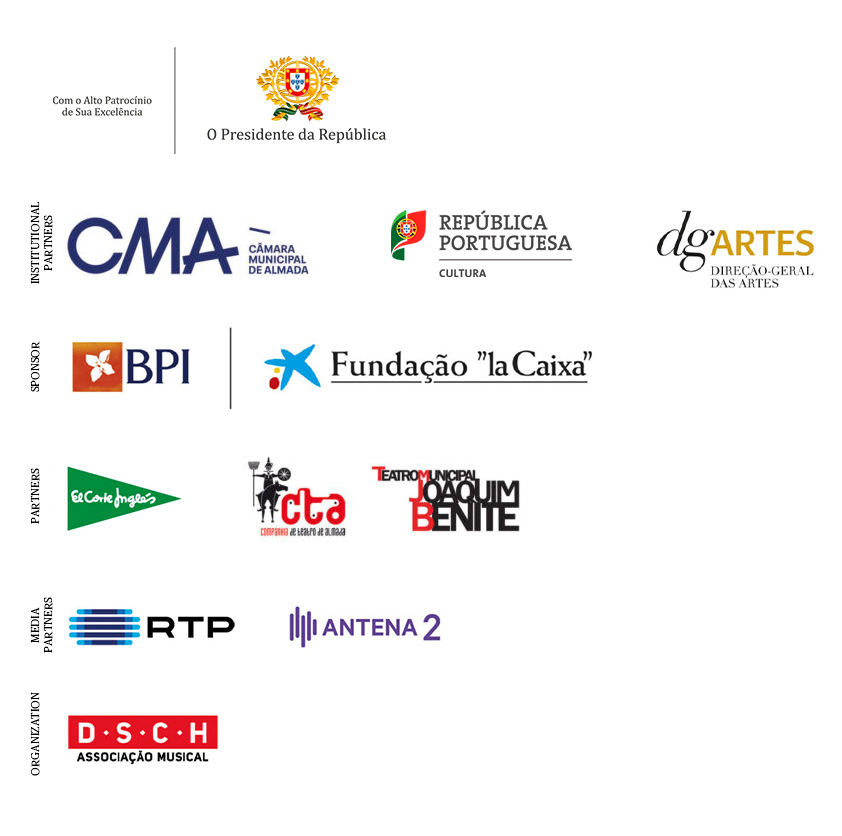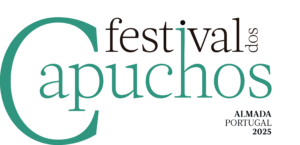Born in 1974, Pedro Sousa Silva studied the recorder with Pedro Couto Soares at Escola Superior de Música de Lisboa (1992-1996), Reine-Marie Verhagen at Utrecht Conservatory (1994) and Pedro Memesldorff at Civica Scuola di Musica di Milano (1996-2000). After musicology studies at Universidade Nova de Lisboa (1999-2000), where he was tutored by Manuel Pedro Ferreira, he obtained in 2010 the title of Doctor in Music at Universidade de Aveiro, with a thesis that discusses the interaction between practice and theory in the performance of renaissance polyphony. As a musician, he has an intensive artistic career in the field of renaissance and baroque performance, having performed around 200 times, both as a recorder player and musical director, in countless venues and early music festivals in Portugal, Spain, France, Italy, Switzerland, Austria, Germany, Netherlands and Brazil. He has collaborated with world renowned early- music musicians such as Amandine Beyer, Enrico Onofri, Riccardo Minasi, Jill Feldman and Laurence Cummings. As a musical director and researcher, Pedro has been focused primarily on the rescue and promotion of Portuguese musical heritage from the 16th and 17th centuries. With his ensembles A Imagem da Melancolia and Arte Minima, Pedro was responsible for the first modern performance or recording of works by Pedro de Cristo, Estevão Lopes Morago, Manuel Rodrigues Coelho, Pedro da Esperança and Pedro de Araújo, as well as works by many anonymous composers (as most works from that period had an anonymous attribution). Pedro has been a music teacher since 1992, teaching full time at ESMAE, where he is currently Coordinator Professor. He was jointly responsible for the creation of ESMAE’s Early Music Department in 2005 and responsible for the creation of the Post-Graduate Polyphonia course in 2018. Both as a recorder teacher and an expert in the performance of renaissance polyphony, he has been invited by some of the most prestigious music institutions to give lectures and masterclasses (including Schola Cantorum Basiliensis, Universität für Musik und darstellende Kunst Wien, Joseph Haydn Konservatorium, Koninklijk Conservatorium Brussel, Norges Musikkhøgskole, Akademie für Alte Musik Bremen, Hochschule für Musik Trossingen and Universidade Estadual de São Paulo). Pedro is also an Integrated Researcher at CESEM, in the Early Music Studies group, where he is especially concerned with the dialogue between theory and practice in the renaissance.




